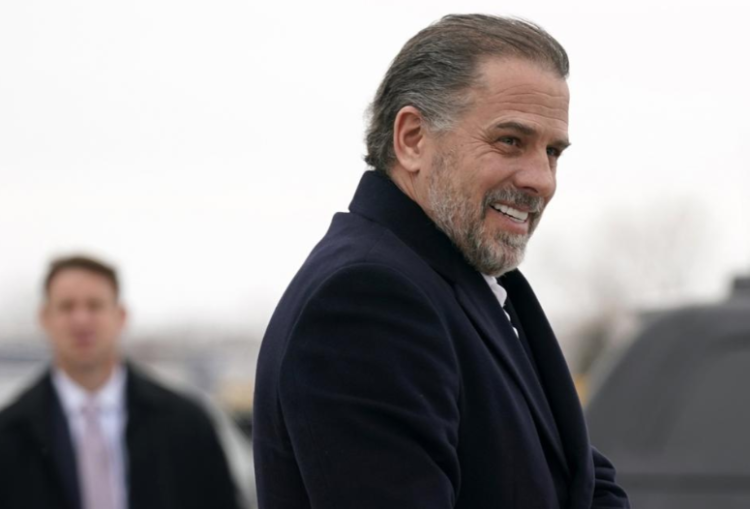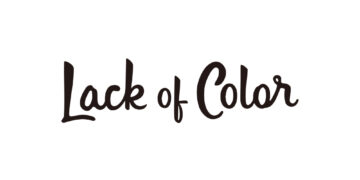In a stunning turn of events, Hunter Biden, son of President Joe Biden, has reached an agreement to plead guilty in a deal that will likely spare him from serving time behind bars. The news has ignited a storm of controversy, with critics seizing the opportunity to amplify their narratives, while supporters emphasize the importance of restorative justice and the individual’s journey towards redemption. This article delves into the details surrounding Hunter Biden’s plea agreement, examining its potential implications and the broader conversations it raises.
The Plea Agreement and Its Ramifications:
Under the terms of the plea deal, Hunter Biden has admitted to certain charges brought against him, acknowledging his involvement in illicit activities. The specifics of the charges are yet to be disclosed, but the agreement signals a significant development in his legal battle. Instead of pursuing a potentially lengthy trial and risking severe consequences, Biden has chosen a path that will likely result in a reduced sentence or alternative forms of punishment.
Critics’ Perspectives and Political Fallout:
Critics of the Biden family argue that this plea agreement highlights a double standard within the justice system, pointing out that a member of a prominent political family might receive preferential treatment. They assert that if Hunter Biden were not the president’s son, he would face a more severe penalty for his alleged actions. These voices demand transparency and fairness, questioning whether justice is truly blind when powerful figures are involved.
Supporters’ Perspectives and Calls for Understanding:
On the other hand, supporters of Hunter Biden argue that the plea agreement reflects a step towards accountability and redemption. They believe that everyone deserves the opportunity to rebuild their lives after making mistakes. They emphasize that the justice system should prioritize restorative measures over punitive ones, especially when dealing with nonviolent offenses. Supporters also highlight the importance of treating individuals as more than just their family connections and recognizing their personal growth.
Broader Implications for the Justice System:
Hunter Biden’s plea agreement raises broader questions about the U.S. justice system. Some argue that it underscores the need for reforms to address disparities and ensure that outcomes are consistent for all individuals, regardless of their social or political standing. Critics contend that the system remains biased and unequal, favoring those with influence and power. Meanwhile, supporters see this as an opportunity to shift the focus toward restorative justice and rehabilitation, aiming to create a fairer and more compassionate system.
The Personal Toll and Lessons Learned:
Behind the political spectacle lies an individual facing personal struggles and navigating the consequences of his actions. Hunter Biden’s journey serves as a reminder of the human aspect of public figures and their families, urging society to approach these situations with empathy and understanding. It offers an opportunity for reflection on the impact of addiction, mental health challenges, and the potential consequences of one’s choices.
Hunter Biden’s decision to plead guilty in a deal that likely averts jail time marks a significant chapter in his personal and legal saga. The plea agreement has ignited a fierce debate, with critics and supporters presenting contrasting viewpoints on justice, privilege, and the role of the justice system. While the outcome may never fully satisfy all parties involved, it does provide an opportunity for a broader conversation on reform, rehabilitation, and the pursuit of a more equitable justice system for all. As Hunter Biden’s story continues to unfold, it serves as a reminder that no one is beyond redemption and that the path to justice is a complex and multifaceted one.



No Comments
Leave Comment